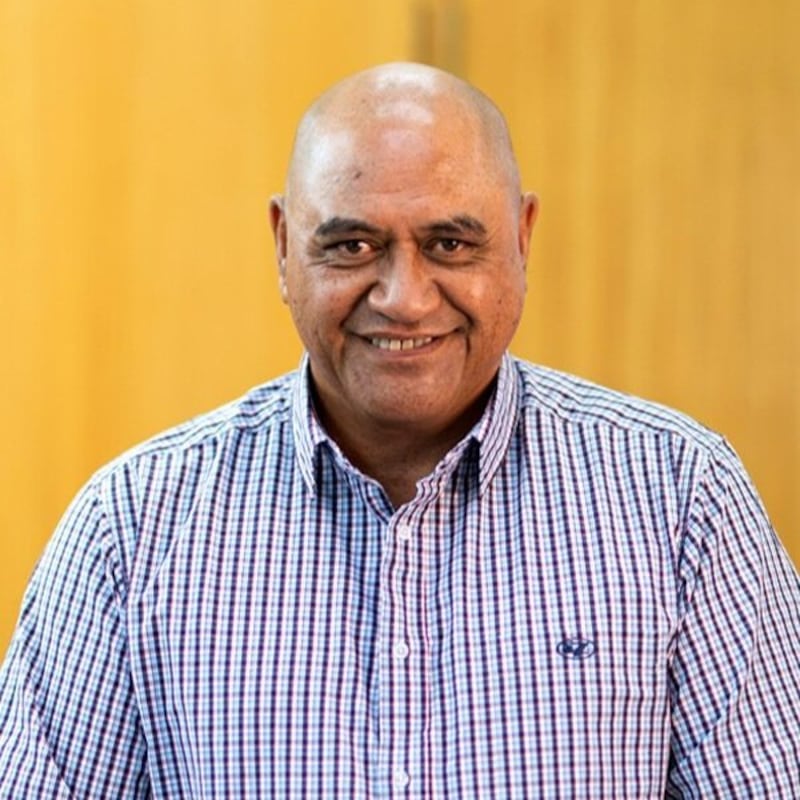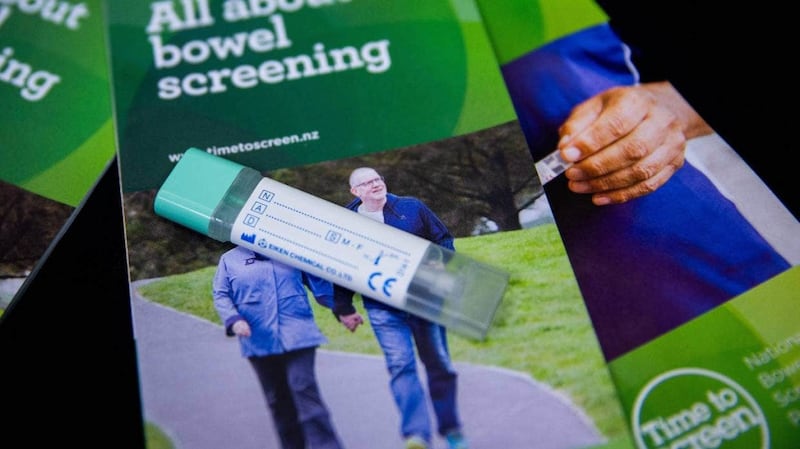More than 600 Indigenous health professionals, researchers, clinicians, and advocates are expected to gather in Aotearoa next year for the fourth World Indigenous Cancer Conference.
Māori Cancer Leadership Aotearoa, Hei Āhuru Mōwai, will host the Indigenous-led gathering, which aims to address cancer inequities and drive improved outcomes for Indigenous peoples worldwide.
Hei Āhuru Mōwai chief executive Gary Thompson said Māori have much to share with global Indigenous communities in the fight against cancer.

“We stand quite proudly on the shoulders of many researchers ahead of us and many of the doctors that are in this space. I think we stand really well internationally. Our colleagues from around the world are very happy to sit alongside us and wānanga all of the issues to do with cancer,” he said.
Māori still facing disproportionate burden
Cancer remains a leading cause of death for Māori, who are 20 percent more likely to develop the disease than non-Māori and are often diagnosed at more advanced stages.
To address these disparities, Hei Āhuru Mōwai, in collaboration with the Gut Cancer Foundation and the Cancer Society, has welcomed a new cohort of Māori cancer researchers. The initiative is aimed at shifting the narrative around poor cancer outcomes for Māori through research grounded in Indigenous knowledge and practice.
Thompson said the upcoming conference would play a critical role in promoting Indigenous-centred approaches, which are already showing promise in Māori communities.
“The way we design our services, the abilities that we have to embed our tikanga, our reo, our practices, is the difference,” he said.
Screening policy sparks concern
Earlier this year, the New Zealand Government scrapped plans to lower the bowel cancer screening age to 50 for Māori and Pacific peoples, instead opting for a universal decrease to 58 for all New Zealanders.
The move has drawn criticism from health advocates, who argue that targeted measures are needed to address systemic inequities. Thompson says many in the health sector believe lowering the screening age for high-risk groups would save more lives.

However, in the recent government budget announcement, more than $1 billion will be allocated for additional cancer treatments and other medicines that Pharmac has announced in the past 12 months.
“If we had of held onto the money that was removed from the bowel screening programme a couple of months ago, that was going to deliver a lot of lives saved. Again, if we had a little bit of extra pūtea, it would go straight back to that programme,” he said.
Building a Global Indigenous Health Network
Looking ahead, Thompson said the goal of the World Indigenous Cancer Conference is to foster connections between Indigenous cancer experts and build systems that elevate Indigenous health solutions on a global stage.
“Whether it will be at the International Cancer Congress or whether it’s the World Health Organisation, something international like that. We have the opportunity at this conference to find those key pieces of information, or key pieces of kōrero that we can all hono to,” he said.



